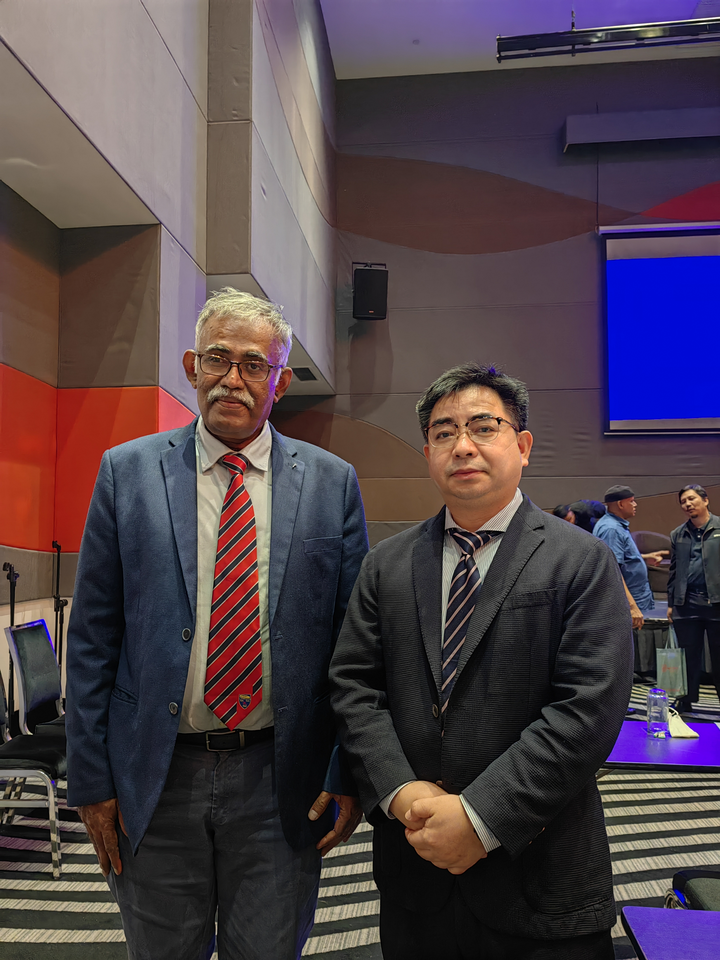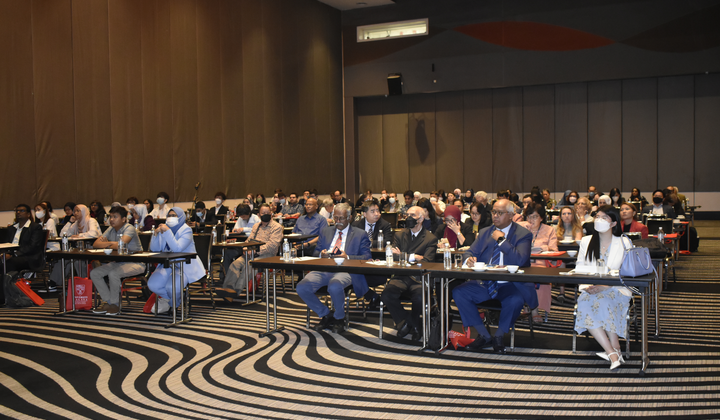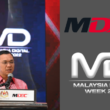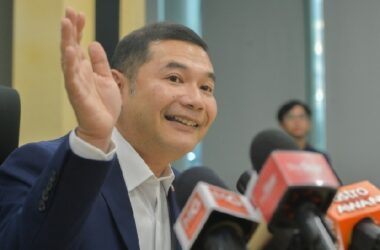The Huawei ASEAN Academy, under Huawei Technologies (Malaysia) Sdn Bhd (Huawei Malaysia), and the Asia-Europe Institute (AEI) of Universiti Malaya (UM), organised the UM AEI-Huawei Conference to explore the diffusion of digitalisation and Fourth Industrial Revolution (IR4.0) technologies in Malaysia as part of the digital transformation agenda in the country.
The two-day conference, which took place from 11 October to 12 October 2022, provided as a venue for reviewing the policy tools that are essential to advancing the regulatory framework and integrating organisations in a more orderly manner.
The conference with the theme ‘Digitalisation and Development, Ecosystem for Promoting Industrial Revolution 4.0 Technologies in Malaysia’ sought to discuss and examine the growth of digitalisation and IR4.0 technologies in the major sectors of agriculture, manufacturing, and services in Malaysia. This was to take stock of and ensure that the adoption of digitalisation and IR4.0 technologies such as Big Data, Cloud, Artificial Intelligence (AI), and the Internet of Things (IoT) are effectively synergised.
While the Malaysian government has invested in a number of programmes that provide access to digital technology and provide the necessary basic services, several universities in the country have launched IR4.0 centres to support such initiatives, Universiti Malaya is one of them.
Universiti Malaya, Deputy Vice-Chancellor (Research & Innovation), Professor Ir. Dr. Shaliza Ibrahim
Distinguished Professor of Economics, Universiti Malaya, Dato’ Dr. Rajah Rasiah, presented a keynote lecture, ‘Prometheus Unbound: Digitalisation and Industrial Revolution 4.0’ in the opening session. Dato’ Dr. Rajah highlighted that the successful promotion of the embedding ecosystem for IR4.0 technologies must emphasise the role of knowledge networks to continuously evolve in the economy.
He added:
While digitalisation promises the diffusion of IR4.0 technologies, nations can open up the discourse to enable the open development of such technologies. However, as economic resources are scarce many will have to focus on a few critical sectors to accelerate its emergence and expansion optimally.
Vice President of Public Affairs and Communications of Huawei Malaysia, Mr Oliver Liu said:
At Huawei, we are working to promote open collaboration and shared success across the ecosystem. We work with local ecosystem partners to create in-depth development plans and provide them with the expertise and resources to build their own solutions.
We’re also working closely with the broader digital ecosystem to cultivate talent. Through Huawei’s Seeds for the Future, ASEAN Academy, and ICT Academies as well as our ICT competitions, we bring digital education to engineers, skills development for professionals, and digital leadership for future talents.

Vice President of Huawei Malaysia Digital Power Business, Mr Chong Chern Peng stressed that there should be an efficient, sustainable, and diverse domain within a business
ecosystem in the pursuit of embarking into this new era of digitalisation.
As the leading global provider of information and communications technology (ICT) infrastructure and smart devices, one of Huawei’s solutions is the use of AI in businesses. Through AI, companies are able to stay agile and competitive as it complements and supplements the business to propel forward.
The papers presented at the conference will be published as chapters in a book, ‘Digitalization and Development: Ecosystem for Promoting Industry 4.0 Technologies in Malaysia’ by Routledge Press, which is expected to be launched on February 25, 2023.
Since 2021, Huawei and UM AEI have teamed up to accelerate Malaysia’s transformation into an advanced digital economy by 2030. The collaboration, aimed to foster closer cooperation between the industry and academia, was sealed through a Memorandum of Understanding (MoU) last year.










